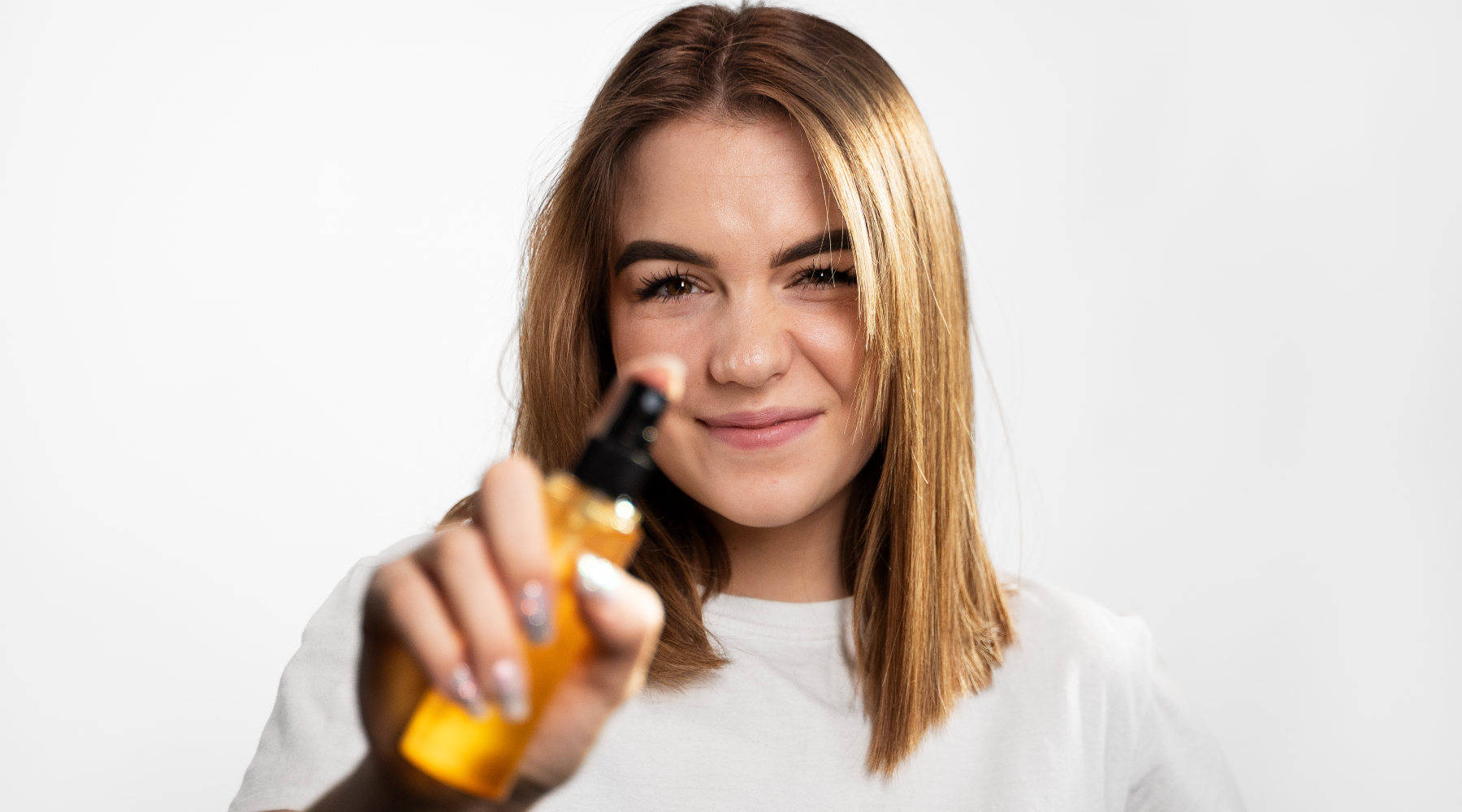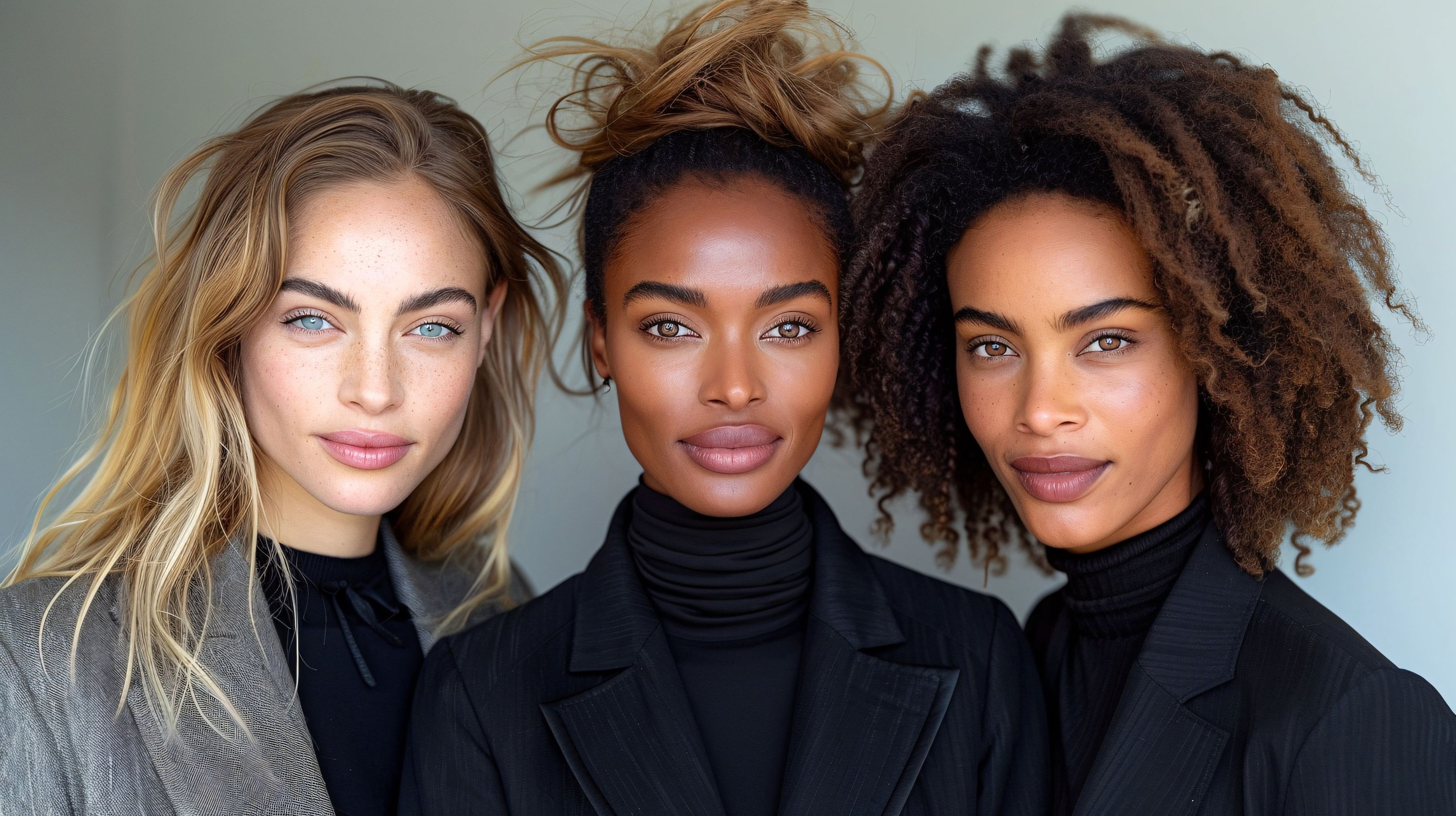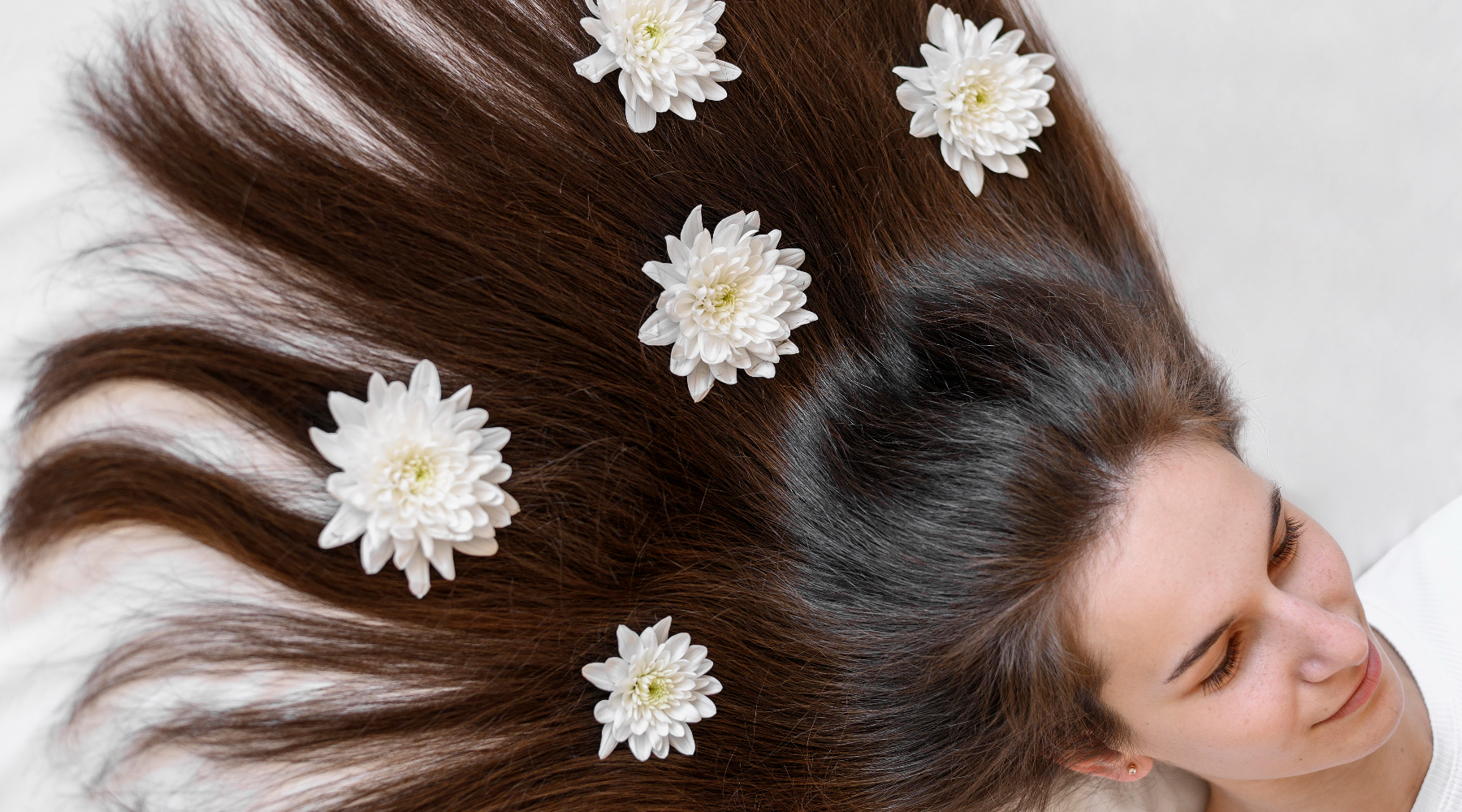
The Surprising Benefits of Silicone-based Hair Products
Silicones are synthetic compounds commonly used in beauty products for their ability to create a smooth and silky feel among others. However, they are a ‘demonized’ ingredient, especially by the ‘natural/green’ movement in the beauty industry. Silicones have been often criticized for their potential to create product build-up and clogged pores.
It's essential to understand that not all silicones are created equal. Furthermore, just like every other ingredient, they have their pros and cons and it all comes down to what type of silicone is suitable for your hair type. Some are heavier and more likely to cause buildup, while others are lighter and more easily rinsed away, so the choice is based on your hair type.
Regardless of the controversy, silicones offer significant benefits for the hair, such as frizz control, increased shine, and detangling properties.
The decision to use products containing silicones depends on individual preferences, hair type, and specific needs. In this article, we will unveil the benefits of silicones and separate fiction from reality so you can make informed choices about incorporating them into your haircare routine
Understanding silicone: what *actually* is it?
In a nutshell, a silicone is a long chain of repeated silicone and oxygen atoms bonded to carbon. The cool thing about this chemical compound is that it’s very unreactive with a smooth glide, which is one of the main properties and benefits of silicones. It’s easy to recognize silicone in an ingredient list; the name either ends in -cone, -conol or siloxane. (dimethicone, cyclopentasiloxane etc.)
There are 3 major types of silicones with different structures as well as benefits for the hair.
- Small silicones: this type is extremely volatile and evaporates from the skin or hair
- Silicone polymers aka non-soluble silicones: this type can be washed out only when using a product with surfactants.
- Functionalized silicones aka soluble silicones: this type is water soluble and can be washed out by the water.
The complicated names and the synthetic nature of silicones have turned them into unwanted ingredients in the beauty industry. I am sure you have noticed beauty products labeled as ‘silicone-free’. However, silicones have been around and well-researched since 1950, due to their special benefits that you can’t find in other ingredients.
Benefits of silicones for hair
Silicones in makeup are known to blur out pores and fine lines, giving a smooth canvas for your makeup. In skincare, they are great moisturizers. What about the hair?
- Smooth and soften. Silicones coat every hair strand, making them smooth, easy to comb and soft
- Silicones have a high refractive index, meaning they reflect light well, resulting in shiny and glossy hair. This can help dull, lackluster hair appear healthier and more vibrant.
- Anti-frizz: By coating each hair strand, silicones form a protective barrier around the hair shaft, helping to seal in moisture and lock humidity out, reducing hair frizz. No other haircare ingredient can have this amazing ability.
- Heat-resistant: Silicones not only aid in sun protection when found in sunscreens but also provide a layer of protection against thermal damage from heat styling tools such as flat irons and blow dryers, minimizing damage and preventing split ends and breakage.
- Detangling: The smooth and slippery texture of silicones helps to detangle hair more easily, reducing the risk of breakage and damage during brushing or combing.
- Color protection: Studies show that silicones present in hair dye reduce color fading. Silicones are resistant to water and UV rays, meaning their benefits can last through multiple washes, providing prolonged results.
Silicones: Fact or Fiction
- ‘Silicones weigh your hair down’
This may be true for some people because they are using the wrong group of silicones. Silicones come in various forms, with some being lighter and some heavier.
If you have fine hair, you need to choose lighter silicones to avoid weighing down the hair such as Dimethicone Copolyopl, Dimethicone PEG-8 Phosphate, Cyclopentasiloxane etc.
For thicker or coarser hair types, heavier silicones will be better to provide extra frizz control and smoothness. Look for ingredients like Dimethicone, Dimethiconol, Amodimethicone etc.
- ‘Silicones do nothing more than make your hair smooth’
Silicones do make your hair smooth, but this is key to a door full of other benefits. By coating each hair strand, silicones prevent hair snagging and snapping from brushing. They also prevent heat damage, lock moisture in, and prevent humidity from causing frizz. So, in other words, it doesn’t JUST make your hair smooth.
How to incorporate silicone in your haircare routine?
Silicone can be found in various hair care products, from shampoos to hair oils, so it’s up to you to decide.
- Choose the right ingredients. Before choosing any hair products, you should determine your hair type. Based on that, choose products with light or heavy silicones.
- Start with shampoo and conditioner. This duo can help you get started and decide if certain types of silicone are suitable for your hair type. Cleansing and conditioning will help you smooth the hair cuticle and provide shiny hair.
- Silicone-based treatments. After washing, you can add silicone-based hair oil to the lengths or ends of your hair to further smoothen the hair, make it easier to brush and protect it against heat styling damage.
- Clarifying shampoo. Make sure to add a clarifying shampoo once a week to remove product residue.




Laisser un commentaire
Ce site est protégé par hCaptcha, et la Politique de confidentialité et les Conditions de service de hCaptcha s’appliquent.